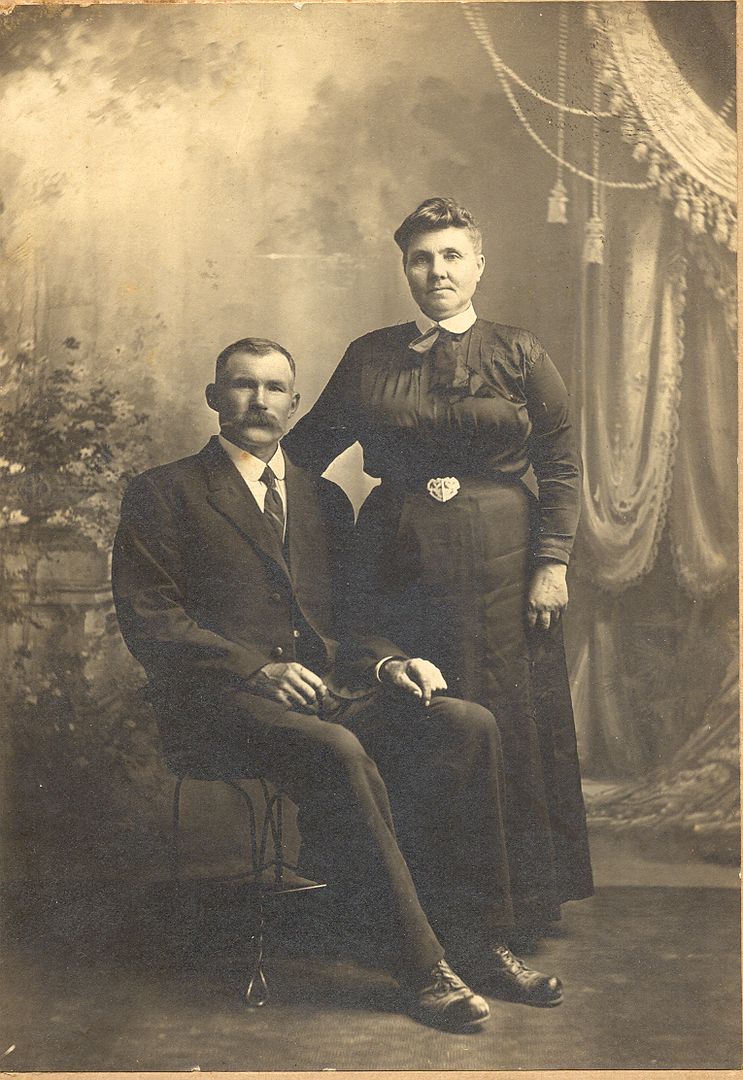
First I’ll tell you what’ s going on in my thrill-packed life. Then I’ll tell you about one of my cosmic revelations. Those are always good for a chuckle.
There’s a shrink-wrapped pile of roofing material sitting in the driveway behind my house. I had hail damage last year and my insurance company authorized a full replacement. But one complication after another has delayed the actual job. First it was supposed to happen today. Then tomorrow. Now it’s all in flux – it may or may not happen tomorrow, like Schroedinger’s Shingles. What makes it annoying is that the contractors are going to be parking a dumpster in front of my garage when finally they get to work, which means I have to park on the street tonight on the possibility that work will start tomorrow.
Even more annoying, my air conditioning is out, and has been for about three weeks now. I have a sort of insurance for that, too – a home warranty. The HVAC tech who autopsied my unit said the compressor had burned out, and it couldn’t be replaced. A new AC unit would have to come in. And that shouldn’t take long.
The warranty company, however, has ideas of its own. They opted to replace the compressor. They have a source for replacements which (apparently) they get at a discount. But that source is not a fast source. So we’re still waiting for the part to be delivered.
Thankfully, we’ve had relatively cool weather recently.
Which is supposed to end tomorrow.
Ah, well. I grew up without air conditioning. And hey, it keeps my electric bills down.
A pack of blessings lie on my head, as the Friar said to Romeo (not long before Romeo killed himself).
And what is my revelation?
It wasn’t a full-fledged revelation, of course. Just one of those moments when two ideas inhabiting separate pigeonholes in my brain suddenly link, and I have an ah ha! moment.
It started out with Jordan Peterson. I’ve grown quite taken with Jordan Peterson videos. He’s not right about everything, but he can see correctly what the problems are. He exhorts me to do things I don’t want to do, which is generally a mark of truth.
Anyway, Peterson was talking about Cain in Genesis 4. Peterson’s interpretation of the story of Cain and Abel is that it represents the Easy Way and the Hard Way in life. Cain sacrificed vegetables, which were (as Peterson sees it) an easy sacrifice. Abel sacrificed animals, which means blood and pain. God was pleased with Abel because he took the Hard Way. The right thing in life almost always means blood and pain.
The spark, the circuit that closed, for me was a comparison to the parable of the talents, of which I think I’ve written here before. There are two versions of the parable. In Matthew 25, the master gives talents (sums of money) to three servants – five to one, two to another, and one to the last. In Luke 19, he calls ten servants and gives them ten talents each. In each case, the servants are told to do business with (invest) the money for him while he’s away. In each case, only one servant fails – the one who, instead of investing the money, hides it safely. He returns the full amount to his master, and his master is furious. He didn’t want security. He expected a profit.
The point in both stories – looking at it this way – is that God expects his servants to stretch their horizons. Do bigger things. Move outside their comfort zones. Break new ground, at least personally.
This isn’t about salvation, of course. Salvation is by grace. This is about our earthly lives – what God expects us to do with the talents He bestowed. We’re not here just to wait passively for Heaven. We’ve been given gifts – for the sake of our families, for our neighbors, and (especially) for the church.
And always God expects the bloody sacrifice, the dying to the self. Taking up the cross.
It all makes me feel tremendously guilty. But even I can recognize the truth of it.




